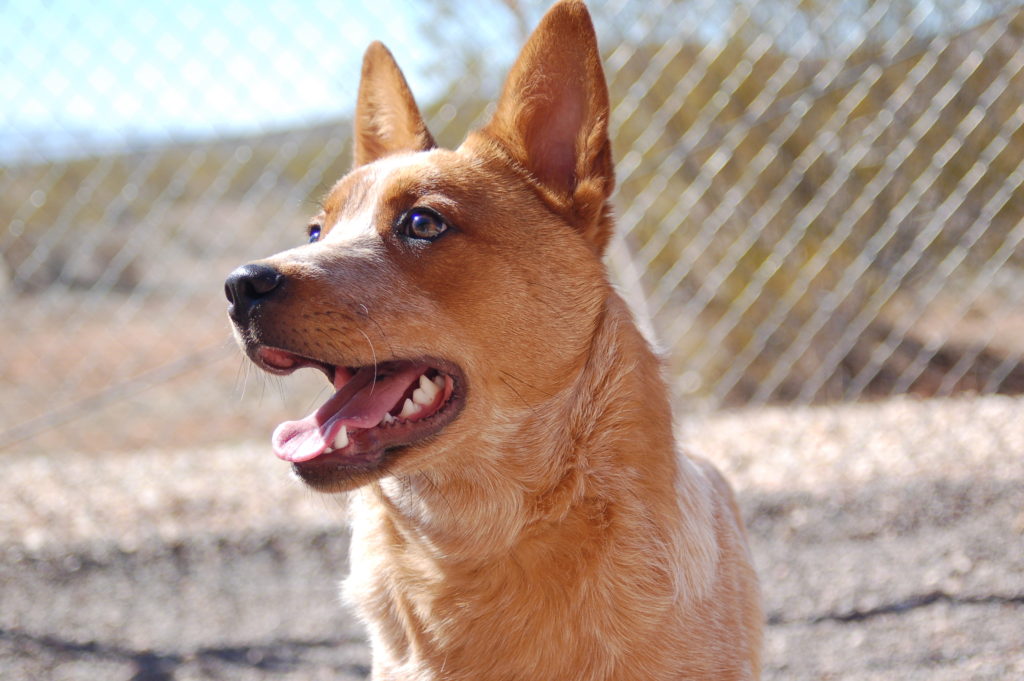SIGNS THAT INDICATE HEALTH OR ILLNESS
SIGNS OF GOOD HEALTH
The Coat
A clean coat has a natural shine.
No areas of baldness or excessive wear (thin hair).
No signs of dandruff on a mature animal. (Young animals, while growing, may have dandruff).
No signs of parasites.
The Skin
Skin is smooth and soft.
No sign of current injury that needs treatment.
No sign of scabs or rashes.
The Eyes
The eyes of young animals should appear clear, not cloudy.
Pupils should be equal size and reactive to light.
Eyes should not be watery.
Eyes should not have discharge.
The Ears
Ears should be clean or may have a small amount of wax.
Ears should not be swollen or painful if touched.
Ears should not have discharge.
Should not have a detectable odor from ear canal.
The Nose
Nose may be moist, not always wet.
Nose should not be dry and cracked.
Nose should not have discharge.
Teeth
Adult cats have 30 teeth. Kittens have 26 teeth.
Ideally, adult dogs have 42 teeth, puppies have 28 teeth. The number of teeth may differ, depending on the breed.
Teeth should be free of tartar.
Gums should match the pigment of the dog, pink, gray or black.
Stools
Feces should be firm, not runny.
Feces should be moist, not dry.
There should be no evidence of parasites in the feces.
Temperature
The normal body temperature for dogs and cats is 101.0 to 102.5°F
SIGNS THAT MAY INDICATE ILLNESS/MEDICAL CONCERNS
If your dog or cat has concerning signs or is in distress, please seek medical attention from a veterinarian.
Any change in behavior – changes in behavior may be early warning signs for medical concerns.
Change in disposition or personality; for instance, dogs or cats showing teeth or biting, or cats swatting.
Anticipated pain
Lack of normal energy.
Visible pain, limping.
Moving away from touch (if not normal behavior).
Overgrooming, licking or chewing, self-harm.
Blood seen in urine.
Persistent vomiting.
Persistent diarrhea.
Persistent coughing.
Loss of appetite.
Excessive drinking.
Excessive urination.
If lumps or growths are found, they should be assessed by your veterinarian
Wellness visits to a veterinarian for medical and dental care are also recommended.
